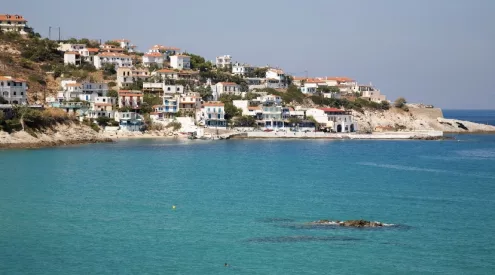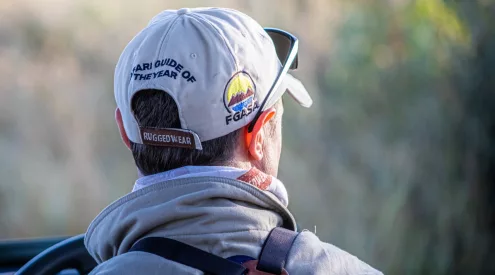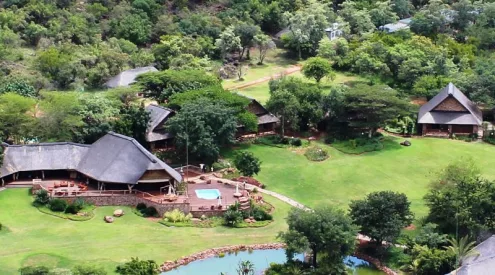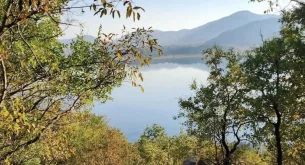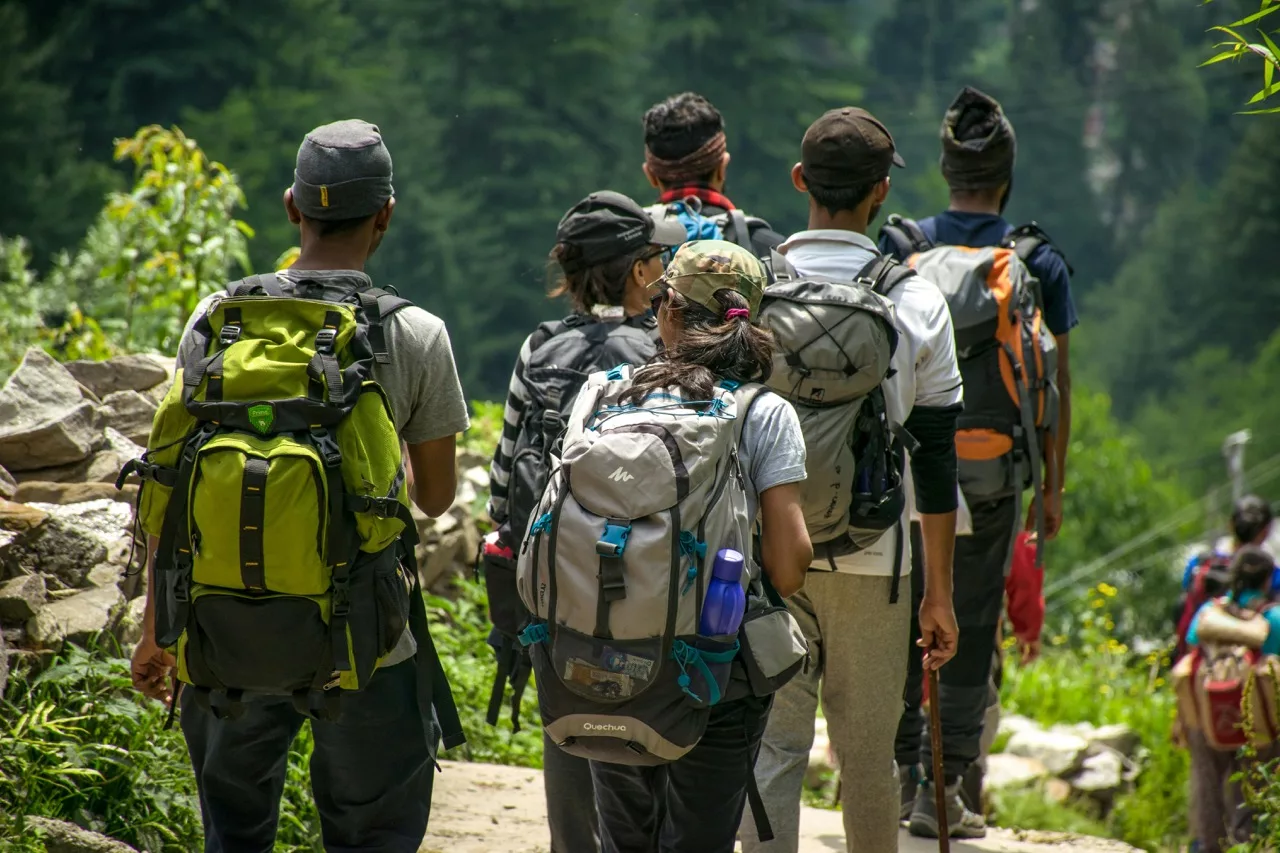
Image: Pexels
ALSO READ: Bulungula Eco Lodge and the Mercedes that runs on Wild Coast sun
Travel’s taken a turn in recent years. It’s not about snapping photos at famous landmarks or ticking off must-see spots anymore.
People are craving something deeper—experiences that let them truly connect with a place.
This trend, often called ‘experiential travel’, is about moments that linger: learning a traditional crafting technique from a local artisan, cooking a dish passed down through generations, or exploring a quiet corner of a city that most tourists miss. It’s about feeling part of the culture, not just passing through.
What’s driving this shift? Rene Hill, Managing Director of the IIE School of Hospitality & Service Management (IIEHSM), puts it clearly:
“The increasing influence of social media has created a demand for unique, shareable experiences. At the same time, millennials and Gen Z travellers, who prioritise values like authenticity, sustainability, and social impact, have become the dominant consumer group in the travel market.”
The pandemic also reshaped how younger travellers think, pushing them to seek out trips that feel meaningful, not just fleeting.
The hospitality world is scrambling to adapt. Big hotels are up against boutique stays, eco-lodges, and Airbnb listings that often nail that local, lived-in feel.
In response, many are rethinking their offerings—creating guided hikes through lesser-known trails, hosting classes with local chefs, or cultural tours that peel back the layers of a place. These ‘experience’ trips don’t just make for better memories; they can support local economies and preserve traditions by keeping practices alive.
Technology’s making this easier, too. Apps like Airbnb allows travellers find and book unique experiences instantly, while some hotels now offer digital concierges that craft itineraries based on your interests.
But there’s a catch. As these experiences grow popular, there’s a risk they’ll lose their soul, turning into polished products that feel more staged than genuine.
Plus, more visitors in local communities can strain the environment or shift the culture in unintended ways.
Hill has thoughts on this too:
“Training staff in cultural sensitivity, limiting tourist numbers in fragile environments, and ensuring that economic benefits are equitably distributed among local stakeholders are vital in navigating this landscape.”
Experiential travel is about chasing what’s real, but it comes with a responsibility to move thoughtfully, respecting the places and people that make these moments possible.
Follow us on social media for more travel news, inspiration, and guides. You can also tag us to be featured.
TikTok | Instagram | Facebook | Twitter
ALSO READ: Top destinations in Africa for adventure seekers


